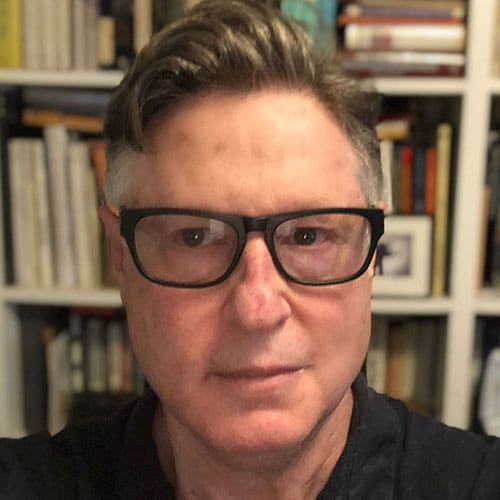Last week, playwright Donald Margulies, The Manhattan Theater Club and The Forward weekly newspaper announced the winners of a contest they sponsored on the topic of “What It’s Like Growing Up Jewish in New York.â€
You can read the winning entries at www.forward.com. I regret to say you will not find my name among them (what do they know?). Still, my great consolation is being able to share my account with you:
Growing up Jewish in New York as the children of refugee émigrés, as the first generation born since the Holocaust, was, for me and my playmates on West End Avenue, like living a Mittel European version of the American dream. Anything (good) was possible; anything (bad) could never happen again.
There were no barriers to achievement. Every child could grow up to be the president of the United States, but we were told we would be doctors and lawyers. We would have an education, the best education. We would go to the best schools, the best colleges, the best graduate schools. We would get the best grades. We would study harder than everyone else, but we wouldn’t have to, because it would come easy. American schools, we were told, weren’t that hard.
Learning foreign languages would be no problem — our parents spoke six, seven, eight of them. We already understood more than they thought we did. They would speak to each other in Polish, in Hungarian, in German, in Hebrew and Yiddish, but not for much longer. Soon everyone would speak English.
There was nothing to be afraid of. They laughed. But they worried. All the parents worried. We knew that bad things had happened over there. We lost people. They were never seen again.
It wasn’t exactly clear what had happened, but it had to do with the Nazis. That we knew. The Germans did it. But everyone we knew spoke German. So how could I know that someone wasn’t really a German spy?
We called our grandmothers Oma. Those of us that had grandmothers. I didn’t know anyone who had a grandfather. Everyone had people they called “Uncle†and “Aunt.†Very few people had actual uncles and aunts. I couldn’t figure out what a cousin was.
My friend’s mother had numbers tattooed on her arm. Her mother told her it was her telephone number in Europe, and her mother had written it on her arm in case she got lost. Now it didn’t rub off — another reason we shouldn’t write on our arms.
Sometimes, parents screamed at each other. Some parents screamed at their kids. We walked on tiptoes. Our parents were strange sometimes. My father had nightmares. He screamed out in his sleep. I never asked the other kids if their parents screamed, too. But I could tell they did.
Our parents seemed brighter, smarter, sharper than other kids’ parents or the parents on TV — they were older, too. Our parents’ apartments were dark: filled with heavy furniture, thick rugs, ornate glass chandeliers and knickknacks everywhere.
They knew about rugs, jewelry, porcelain, paintings. They took us to art galleries, museums and pastry shops. They loved cookies and pastries. They drank tea, because the coffee was no good in America.
They knew about winter sports, such as ice skating and skiing, but nothing about sports such as football and baseball.
In some ways, the best part of growing up Jewish in New York was that our parents could live like they were in Europe without having to be there. Vienna, Budapest and Warsaw were all recreated on the Upper West Side.
Broadway had several Hungarian restaurants, such as the Emke and The Tic-Tac. There was the Hungarian Businessman’s club to go play cards. One need not go for too long without Vienner schnitzel or cherry strudel.
Unlike other generations of immigrants, they did not have to leave who they were behind. Although my father arrived in New York with little money, he was still accorded respect for who he was and what he had done. “Herr President,†a man greeted him on West End Avenue. At the Éclair Pastry shop, they wouldn’t take his money. He insisted. They refused and so it went.
Certain things were too American. Or only for Americans. Americans spent money on stupid things. Americans liked senseless gadgets. American were fooled by labels — they didn’t understand quality.
Growing up Jewish in New York, as the first generation born since the Holocaust, meant that we watched and listened and learned. We were the translators of the New World for the Old. We had to play by their rules, live their dreams, while carving out our own.
Our parents saw ladders everywhere — if you lived on the Upper West Side, you hoped to one day move to Central Park West or, if you could, to the East Side. That was the dream. Everything was a sacrifice “for the kinder†— for us. We were the hope, the pride, the point — the revenge and answer to what had occurred. Everything was for us and we would achieve it all.
We were Americans, after all, native born New Yorkers.























 More news and opinions than at a Shabbat dinner, right in your inbox.
More news and opinions than at a Shabbat dinner, right in your inbox.